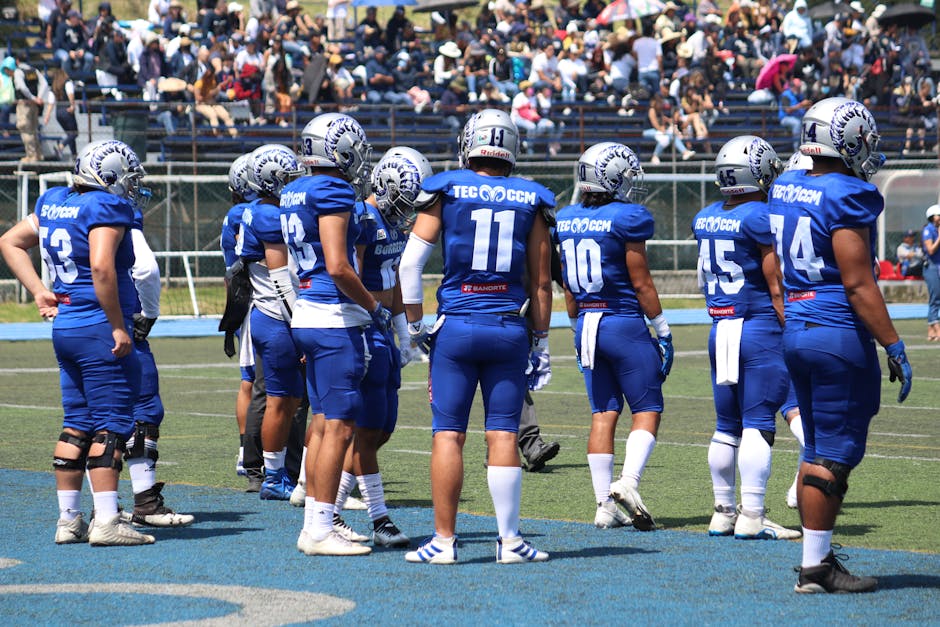
Unraveling the Mat: The Pros and Cons of Wrestling
Explore the Double-Edged Sword of Wrestling's Impact on Life and Health
Wrestling, a sport that dates back to ancient times, brings together strength, strategy, and impressive athleticism. Participants engage in this physically demanding sport for various reasons, including competition, fitness, and self-discipline. While wrestling offers clear benefits such as improving physical fitness and building character, it also carries certain disadvantages that deserve careful consideration. In this article, we will delve into the upsides and downsides of wrestling, giving you a comprehensive look at what this sport entails and how its practice impacts individuals.
From Olympic arenas to local gyms, wrestling has carved a niche as both a popular sport and a means of self-discovery for many. It fosters a unique environment where participants can cultivate physical prowess and mental resilience. Whether you’re a seasoned wrestler or contemplating stepping onto the mat for the first time, understanding the full scope of wrestling—from its benefits to its potential pitfalls—is essential. So, let’s take a closer look at the pros and cons of wrestling and what they mean to aspiring wrestlers and fans alike.
Pros
Wrestling is not just a sport; it's a way of life that shapes individuals both physically and mentally. From building muscle strength to teaching perseverance, the advantages of wrestling are plentiful. As athletes grapple with opponents on the mat, they also engage in essential life lessons that extend beyond the sport itself. In this section, we will explore the remarkable benefits that wrestling offers, emphasizing its impact on health, character development, and social interaction.
Missing a pro?
Cons
While wrestling is an exhilarating sport with numerous advantages, it is not without its drawbacks. Like any high-impact activity, it can pose risks that athletes and their families should be aware of. Understanding the disadvantages of wrestling can help make informed choices about participation and prevent potential negative consequences. In this section, we will take a closer look at some of the significant downsides of wrestling, focusing on injury risks, mental health concerns, and other challenges.
Missing a con?
Conclusion
In conclusion, wrestling offers a unique blend of advantages and disadvantages. On one hand, it provides excellent physical fitness, discipline, resilience, and social connections, contributing to the holistic development of individuals. On the other hand, the sport's risks of injury, weight management challenges, and potential mental health concerns cannot be overlooked. Those considering participation in wrestling should weigh these factors carefully and strive for a balanced approach that maximizes the benefits while minimizing the drawbacks. Ultimately, wrestling can be a transformative experience for whatever paths wrestlers choose, provided it is approached with awareness and care.
What do you think?
Do you think the pros outweigh the cons?









